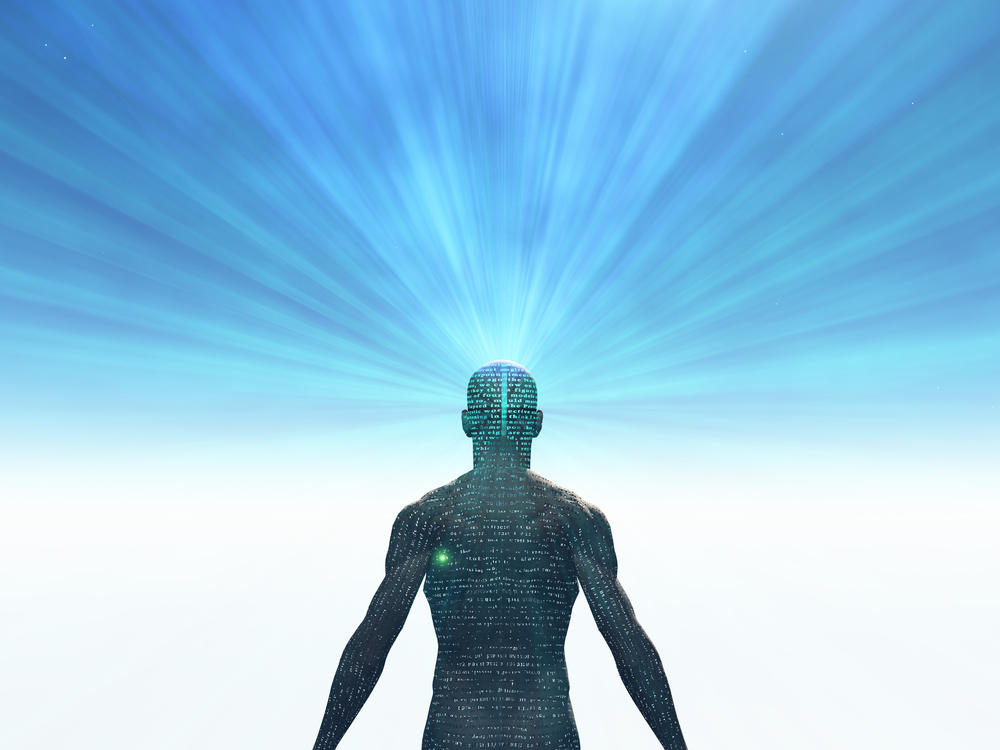
Hit by Wind and Flood: Wisdom for Re-discovering our Solid Center
My friends often laugh at my insistence that “there is an acupuncture point for everything.” At this moment, with all the change and destruction occurring around us, there’s not much to laugh at. Yet, funny enough, there is a point that relates to what has been happening and how we may be feeling. It is located on the palm of the hand, called “Shao Fu”: “the lesser palace.” It is located on the Heart Acupuncture Channel. “Shao Fu” treats “heart pain,” coming from loss of property of something we feel we own, something we value and take for granted as a stable base in our lives. As our environment is changing and our rights are being taken away, we need ways to soothe our hearts. “Shao Fu” does not to minimize the pain we are collectively feeling, but helps ease the pain so we can focus on transforming the problems rather than become flattened by them.
With deep compassion and respect for all the current suffering and difficulty, I’m reminded about the wisdom taught by the Heart Channel: life is a spiritual endeavor. Even for those of us unconcerned about such things, we still learn from difficult things that happen to us, or around us. We are moved and awakened and affected. I think this is what the ancient sages meant when they said life is a spiritual process and our hearts open through suffering. We lose something, we have a reaction and the reaction changes us. Hopefully it awakens compassion and a sense of oneness within us. Yet there’s the risk it will create anger, fear and rigidity. We must keep our hearts open during difficult painful times so our suffering can give birth to compassion instead of resentment and vengeance.
Disaster is very much like a health crisis: they can both strike us at our core, causing us to re-examine our lives. Disruption to our daily life and stability have tremendous power. I often hear from people who come close to death, or face a possibly life-threatening illness, that they “wake up” and make changes very quick. The details of their lives that have not been making them happy, or caused them to feel stuck, somehow seem less important; it becomes easier to let things go and make a big change. When everything is okay around us, it is often more difficult to make a big change. A big, painful slap in the face can certainly be the “lightening strike” that gets us moving! Painful: yes. Motivating: often times, also yes.
So how do we get our emotions in order so we can use difficulties for our greater good? Buddhist teachers often advise us to “take the long view.” This can be difficult to do. When we are in pain, or feeling the brunt of a loss, the pain is often all we can think about. We can get very fixated on our suffering.
To begin the process of healing, we have to get outside our small minds! We have to connect and help one another. The spiritual community is vitally important in any consciousness-building practice. This is also true when we face loss. We must connect with those around us. We must reach out to our friends, ask for help, talk about what we feel. We also must be proactive and get to work putting things back in order. This is the Heart method to heal from disappointment of loss. The heart responds to activity and connectivity.
The other side of the picture is acceptance, faith and letting go. This involves the wisdom of the Kidneys and Liver: trusting in the greater good, even when we cannot see it anywhere in sight. And then moving on. Feel the anger, sense of guilt, or victimization, but don’t get stuck there! As Jetsun Khandro Rinpoche says: “Okay, feel the emotion. Keep it short!” Don’t repress it. Talk it out, scream and curse if you need to. But don’t dwell there, especially not in the victimization or resentment. Find others in the same situation and connect. And then activate the heart and become proactive and involved.
A metaphor often used in the Chinese medicine for disease is “wind.” We are walking along, living our lives, making our plans, and suddenly a cyclone comes and knocks us over. We become very disoriented. Maybe our house blew away. All our plans are dashed. We don’t know what hit us. Chances are, we were totally unprepared. Maybe we feel we don’t have enough resources to get things started again. Usually we feel alone, weak and afraid.
Wind is a metaphor for change. Change is hard to deal with, especially if it comes suddenly, without warning. The more abrupt and violent it is, the more challenging it can be to “course” or ride. Ideally we can use “wind” to help move us forward in our lives. Rumi has a poem where he advises us to rejoice when the unexpected occurs. Even if our houses were robbed of all its furniture, Rumi says, give thanks! This can be a tough pill to swallow. But Rumi worries most about becoming too comfortable; stuck in our quiet despair.
This is a harsh thing to hear when our rights are being taken away and our environment is being destroyed: the idea that we can use these catastrophes to wake up, open up and evolve spiritually. If we read history, the world has always been this unstable, violent and unjust. We seemed to get very comfortable and confident that the Wind of history wouldn’t blow our house down. Perhaps we’d do well researching how ancient wisdom keepers lived, survived and thrived during times of great strife.
Chinese Medicine is a collection of methods and strategies for coping with terrible, frightening, very difficulty times. Much of the wisdom of Chinese Medicine developed during times of plague, war, political instability. It is body-mind medicine, so it addresses physical issues as well as mental and emotional. It has much to teach us, and seems very applicable to our changing modern times.
Times of change can be good for humanity in the long run, even if it is painful at the time. Just as illness can sometimes be the very thing that heals chronic ailments. It is the condition that is “quiet” and “hidden” that gives the doctor most worry. That which is chronic, latent or low-grade. These are the “ticking time-bombs.” Just as much of the terrible thing happening around us could be old hidden toxic material finding its way to the surface.
Those of us who never get sick: the ancient Chinese medical sages never thought this was a good thing. When we get sick, and have to suffer the temporary annoyance and suffering of healing, we are given the chance to clear the toxins that have been accumulating while we live our lives. A detox is a good thing. It is uncomfortable, but keeps the “latent” toxins from accumulating to threaten us in a major way later.
The more we’ve managed or delayed dealing with a chronic condition or situation, the bigger the detox will be when it decides to come out. And they always come out. Chinese Medicine differentiates between a “healing crisis” where the body still has enough strength to clear the toxins, vs. a “loss of latency” where toxins are being released without the necessary vitality to clear it.
Nature does the same. The ancient Taoists saw the human body as a hologram of nature. We get sick, have a lot of fluid discharge: maybe a runny nose, diarrhea; and the fatigue that causes us to stop and rest. Or we get a pain somewhere in our body that makes us stop. It’s disruptive. But our body is trying to do something through this. It’s cleaning out. Or it’s asking us to stop running around: to take a moment to reflect. Our environment is doing this now. It seems our social world is too. Big storms to clear out the hidden toxins that have been quietly poisoning us.

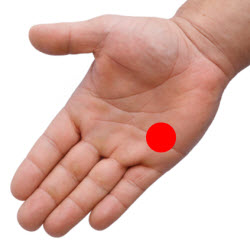
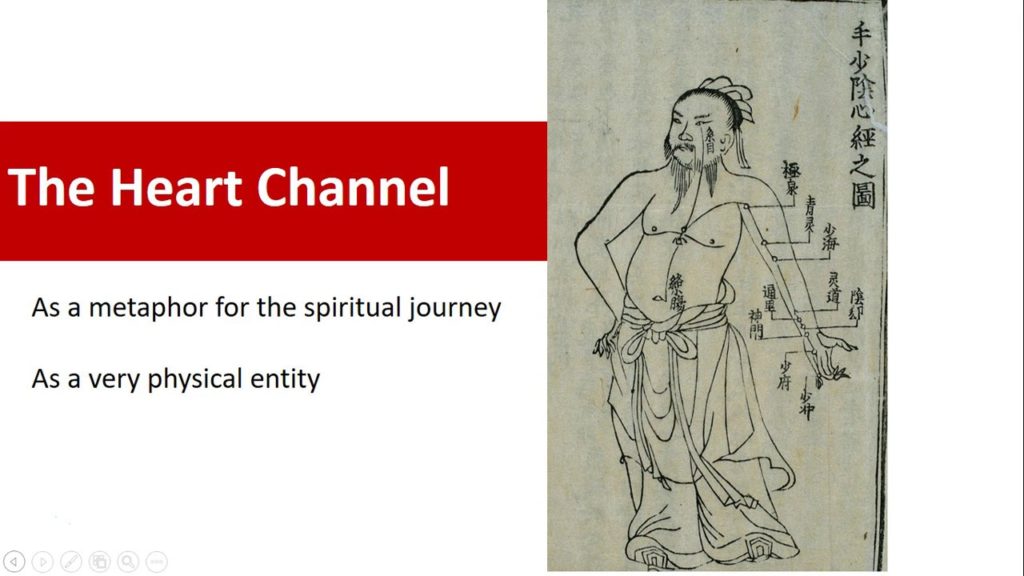
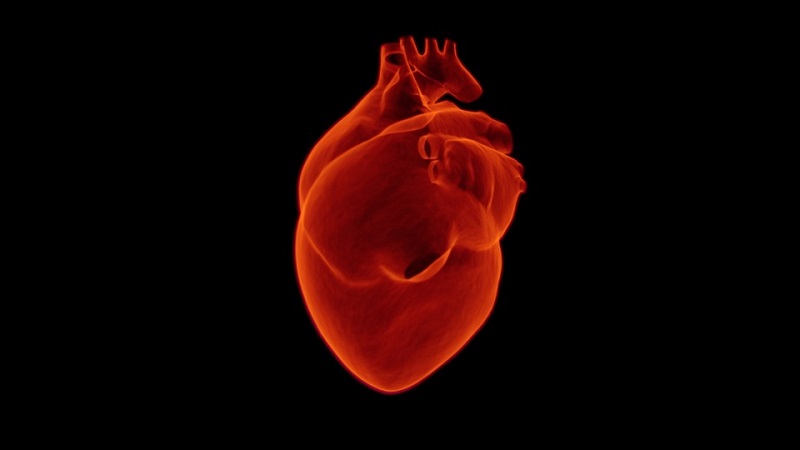

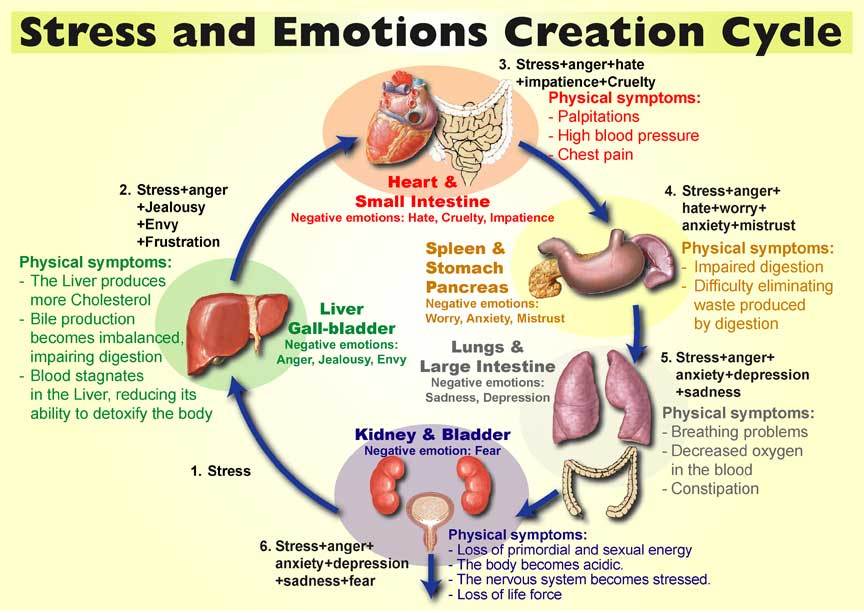
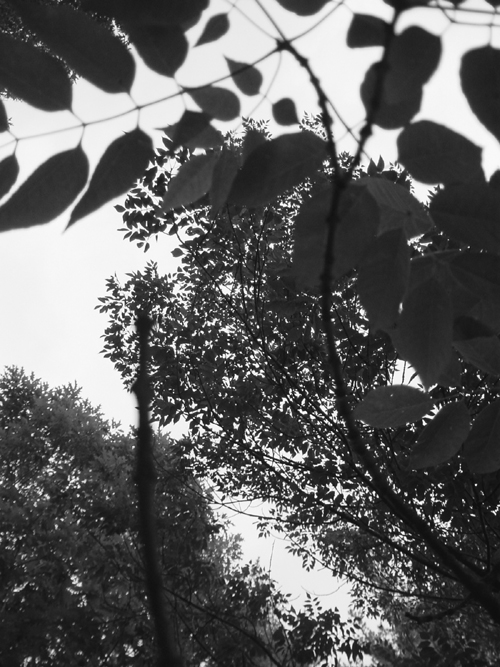
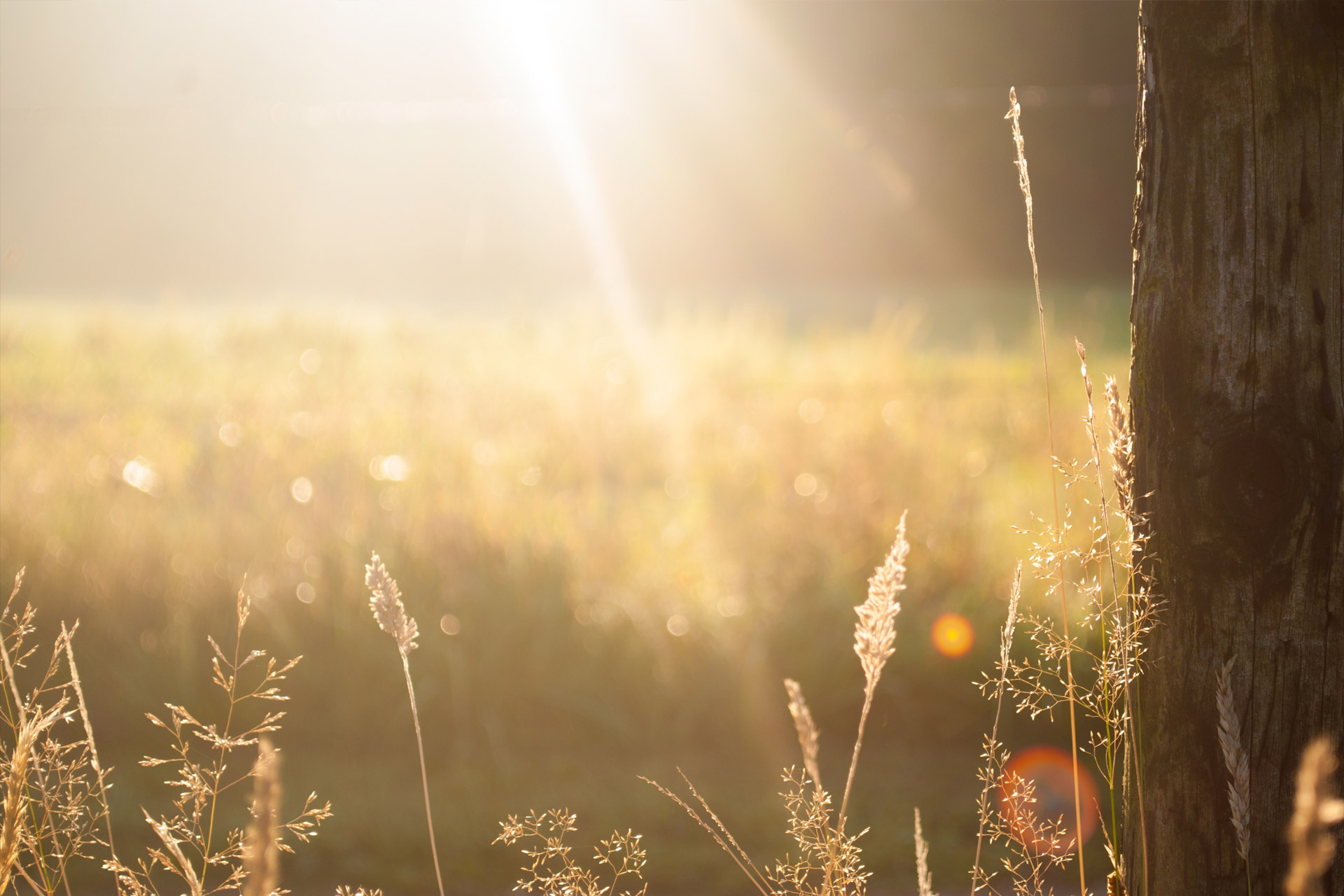


No Comments